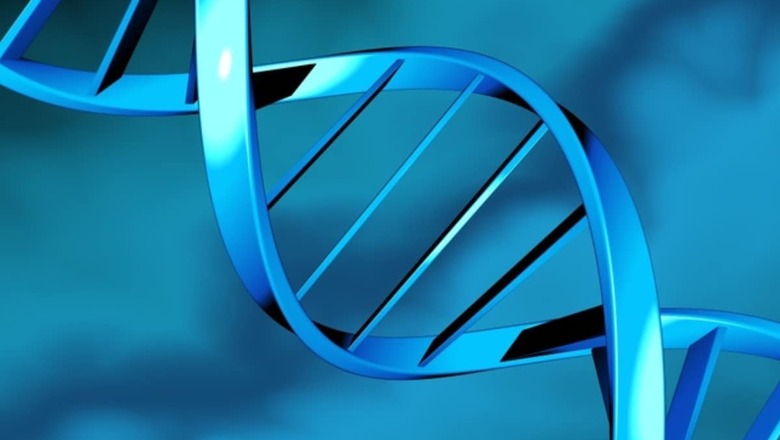
views
Loss of the Y chromosome in cells, which happens as men age, enables cancer cells to evade their immune system, hampering their ability to fight cancer, new research published in the journal Nature has found. This common consequence of ageing in men results in aggressive bladder cancer, says the research. “We discovered that loss of the Y chromosome allows bladder cancer cells to elude the immune system and grow very aggressively,” said Dan Theodorescu, director of Cedars-Sinai Cancer, California, US, who initiated the research and is also the corresponding author of the study.
“This study for the first time makes a connection that has never been made before between loss of the Y chromosome and the immune system’s response to cancer,” said Theodorescu. Human cells have one pair of sex chromosomes each. Men have X-Y sex chromosomes, while women have X-X. Loss of the Y chromosome has been observed in several cancer types, including 10-40 per cent of bladder cancers.
In this study, reviewing data on two groups of men, the researchers found that men with muscle-invasive bladder cancer not being treated and thus, losing Y chromosomes, had poorer prognosis and lower survival rates compared to those being treated with an immune checkpoint inhibitor, a form of treatment used by the researchers once they found that the cancer was responsive to it.
To understand why this happened, the investigators studied the growth of bladder cancer cells in mice. They grew cancer cells in an environment devoid of exposure to immune cells and also in mice missing T-type of immune cells. In both environments, tumours with and without the Y chromosome grew at the same rate.
In mice with intact immune systems, tumours lacking the Y chromosome were found to grow at a much faster rate than tumours with the intact Y chromosome. “The fact that we only see a difference in growth rate when the immune system is in play is the key to the ‘loss-of-Y’ effect in bladder cancer. “These results imply that when cells lose the Y chromosome, they exhaust T-cells. And without T-cells to fight cancer, the tumour grows aggressively,” said Theodorescu.
However, while more aggressive, these disease cells lacking the Y chromosome were also more vulnerable and responsive to immune checkpoint inhibitors, the researchers concluded based on results from human patients and mice.
This therapy reverses T-cell exhaustion and allows the body’s immune system to fight the cancer, they said.
“Fortunately, this aggressive cancer has an Achilles’ heel, in that it is more sensitive than cancers with an intact Y chromosome to immune checkpoint inhibitors,” said Hany Abdel-Hafiz, associate professor at Cedars-Sinai Cancer and co-first author of the study. Further work, though, is needed to understand the genetic connection between Y chromosome loss and T-cell exhaustion, the researchers said. While women do not have a Y chromosome, Theodorescu said these findings could have implications for them as well.
“Awareness of the significance of Y chromosome loss will stimulate discussions about the importance of considering sex as a variable in all scientific research in human biology,” Theodorescu said. “The fundamental new knowledge we provide here may explain why certain cancers are worse in either men or women and how best to treat them. It also illustrates that the Y chromosome does more than determine human biologic sex,” Theodorescu said.




















Comments
0 comment